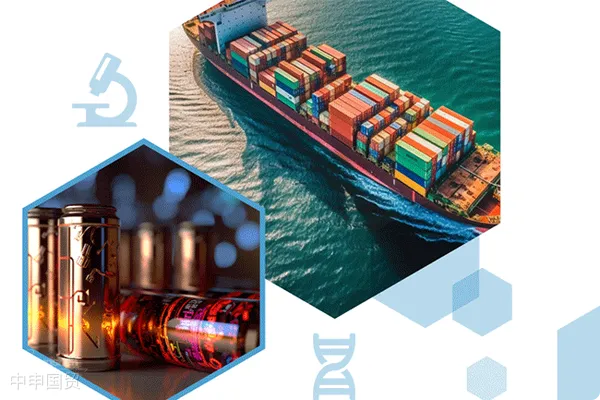- Shanghai Zhongshen International Trade Co., Ltd. - Two decades of trade agency expertise.
- Service Hotline: 139 1787 2118
As an efficient energy storage device, lithium - ion batteries have been widely used in multiple industries. However, as a special type of dangerous goods, the water transportation of lithium - ion batteries faces strict supervision at Shanghai Port, an important hub of international trade. So, what regulations and requirements do we need to follow to smoothly carry out the water transportation of lithium - battery - type dangerous goods at Shanghai Port?

I. Requirements for Testing Institutions
1、Qualification Certification
Testing institutions engaged in the classification and identification of lithium - battery - related goods, the identification of transportation conditions, and UN38.3 testing must have relevant national legal qualifications and obtain one of the following certifications:
2、Testing Process and Responsibilities
II. Transportation Requirements
1、Requirements for Ships and Container Ships
2、Battery State of Charge and Protective Measures
3、Ship Carriage Requirements
4、Special Transportation Methods
5、Ship Transportation Supervision
Crew members shall regularly inspect the areas where lithium - battery - related goods are loaded and respond promptly when abnormalities are found.
III. Requirements for Document Materials
1、General Requirements
For all lithium - battery - related dangerous goods, the following documents are required:
2、Requirements for Container - type Lithium - ion Battery Energy Storage Systems
For container - type energy storage systems, the following additional documents are required:
3、Requirements for Cabinet - type Lithium - ion Battery Energy Storage Systems
For cabinet - type energy storage systems, the following additional documents are required:
4、Requirements for Special - type Goods
For special types of goods such as prototype batteries and battery packs, lithium - battery - powered vehicles, etc., in addition to the above - mentioned general requirements, targeted additional documents are also required, such as annual shipment applications, cargo photos, packaging certification materials, descriptions of transportation protection measures, etc.
5、Requirements for Transportation for Disposal and Recycling Purposes
For lithium - ion and lithium - metal batteries/battery packs that need to be disposed of or recycled, an annual shipment application, a written commitment of undamaged and defective conditions, certification materials of packaging class II performance indicators, photos of metal packaging, etc. are required.
Related Recommendations
? 2025. All Rights Reserved. 滬ICP備2023007705號-2  PSB Record: Shanghai No.31011502009912
PSB Record: Shanghai No.31011502009912









